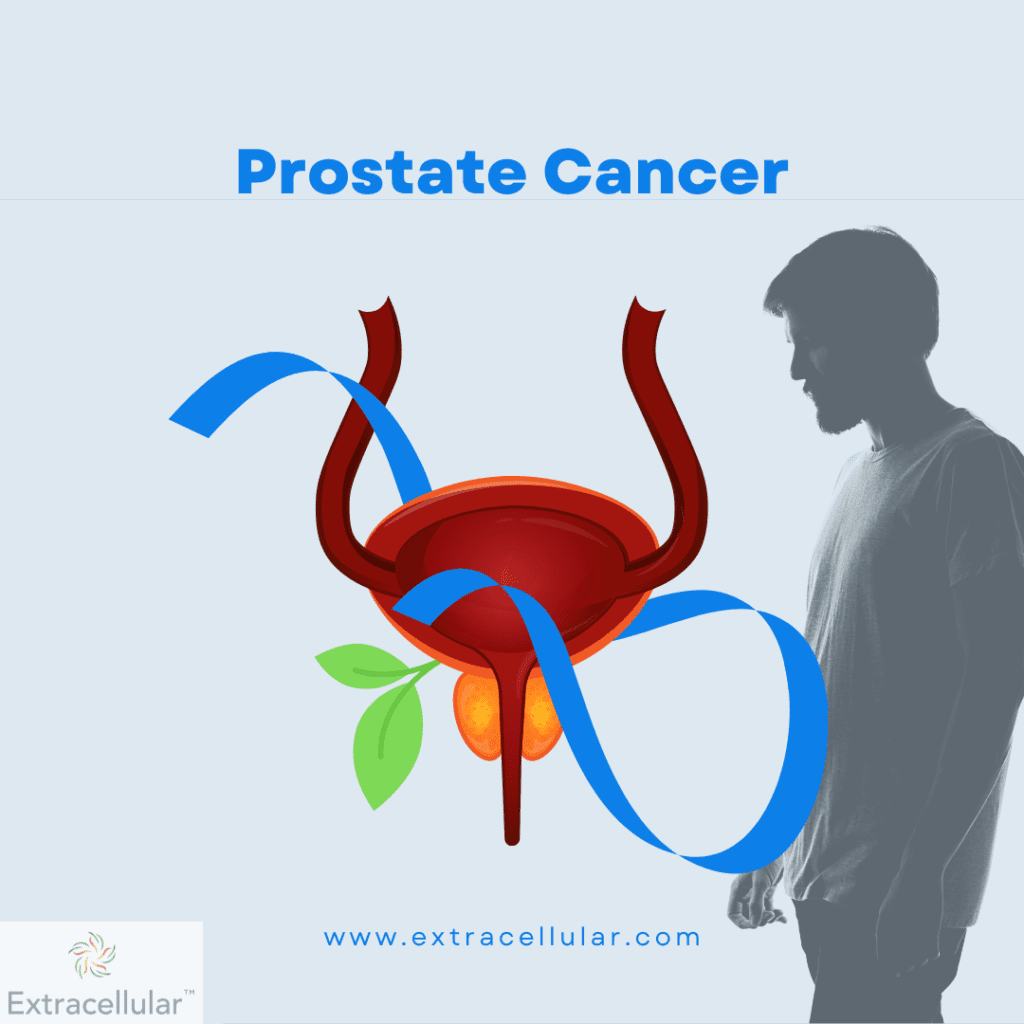Introduction: What is the prostate?
Prostate cancer is the most common type of cancer in men. The prostate is a small, walnut-shaped gland that is part of the male reproductive system. It is located in front of the rectum and below the bladder. The prostate produces the fluid, which carries sperm from the testicles to the penis.
What are the symptoms?
Prostate cancer usually develops slowly, so there may be no signs or symptoms in its early stages. Prostate that is more advanced may cause urinary problems, such as difficulty urinating or a decreased flow of urine or erection difficulties.
Who is at risk of developing prostate cancer?
Although men of all ages can develop prostate cancer, it most often occurs in men over age 55. African American men are at a higher risk of developing this cancer and dying from the disease than Caucasian men. Prostate cancer is more common in Western countries compared to Asian countries. What causes prostate? The exact cause of this cancer is not known.
How is it diagnosed?
A prostate cancer diagnosis is based on a Prostate Specific Antigen (PSA) level and a digital rectal exam (DRE). The test measures the amount of PSA in the blood. High PSA levels may be an indication of cancer. DRE is a digital exam of the prostate gland. A doctor will perform an internal examination in the rectum, and the doctor feels the size, shape, and texture of the prostate gland. The doctor can feel if there are any bumps or lumps in the gland. The doctor also feels for any hard areas or nodules in the gland. The doctor may feel the gland by pressing on it with a finger while the man is lying down, sitting, and standing up. A prostate biopsy may be needed if there are signs of prostate cancer.
How is it treated?
The goals of treating prostate depend on the stage of cancer. If a man has local prostate cancer, he may be able to have surgery to remove the prostate gland, hormone therapy or chemotherapy to shrink the gland or radiotherapy to the area. If cancer has spread to distant parts of the body, it is most often treated with radiation therapy or chemotherapy. The choice of treatment depends on factors such as the stage of the disease and a man’s age and overall health. New treatments for this type of cancer are being studied in clinical trials.
Conclusion: What are the takeaway messages?
Prostate is the most common type of cancer in men. It can be treated, but there is no cure yet. The most important thing that you can do to prevent this type of cancer is to speak to a doctor and have an assessment along with a DRE and consider a PSA test. Regular checks may play a role if you are deemed to be at high risk of developing this cancer.
Thank you for taking the time to read our blog.
If you found this article informative, we invite you to explore our other Blogs posts























































0 Comments